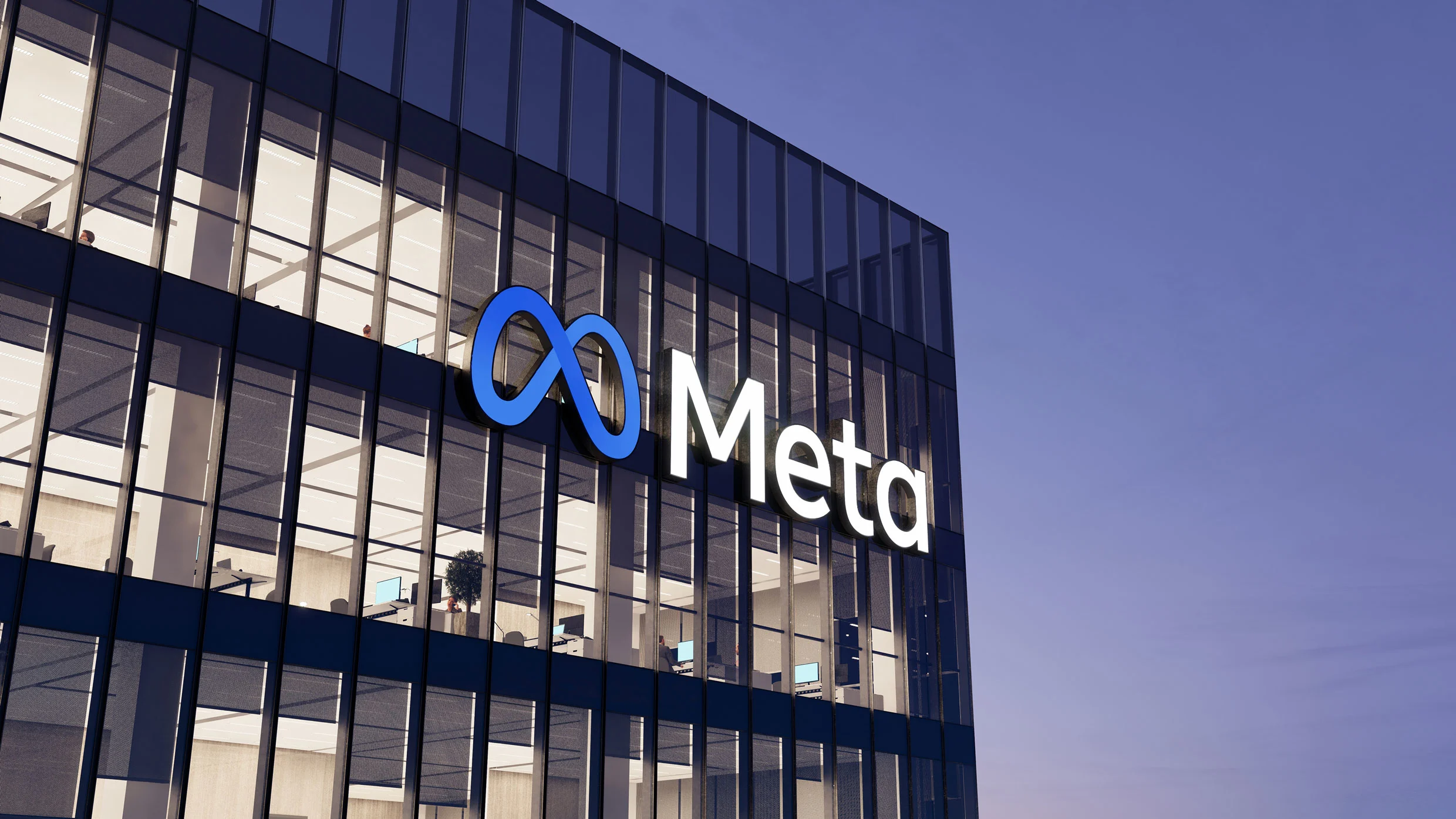
"In a rural corner of Louisiana, Meta is building one of the world's largest data centers, a $10 billion behemoth as big as 70 football fields that will consume more power in a day than the entire city of New Orleans at the peak of summer. While the colossal project is impossible to miss in Richland Parish, a farming community of 20,000 residents, not everything is visible, including how much the social media giant will pay toward the more than $3 billion in new electricity infrastructure needed to power the facility."
"Watchdogs have warned that in the rush to capitalize on the AI-driven data center boom, some states are allowing massive tech companies to direct expensive infrastructure projects with limited oversight. Mississippi lawmakers allowed Amazon to bypass regulatory approval for energy infrastructure to serve two data centers it is spending $10 billion to build. In Indiana, a utility is proposing a data center-focused subsidiary that operates outside normal state regulations."
"Under contract with Meta, power company Entergy agreed to build three gas-powered plants that would produce 2,262 megawatts - equivalent to a fifth of Entergy's current power supply in Louisiana. The Public Service Commission approved Meta's infrastructure plan in August after Entergy agreed to bolster protections to prevent a spike in residential rates. Nonetheless, nondisclosure agreements conceal how much Meta will pay. Consumer advocates tried but failed"
Meta is constructing a $10 billion data center in Richland Parish, Louisiana, roughly the size of 70 football fields, that will at times use more daily power than New Orleans at peak summer. The project requires more than $3 billion in new electrical infrastructure. Entergy contracted to build three gas-fired plants producing 2,262 megawatts to serve the facility, and the state Public Service Commission approved the plan after additional consumer protections. Confidentiality agreements obscure how much Meta will contribute, and watchdogs warn that limited oversight and rushed approvals can shift costs and risks onto regular electricity consumers.
Read at Fast Company
Unable to calculate read time
Collection
[
|
...
]